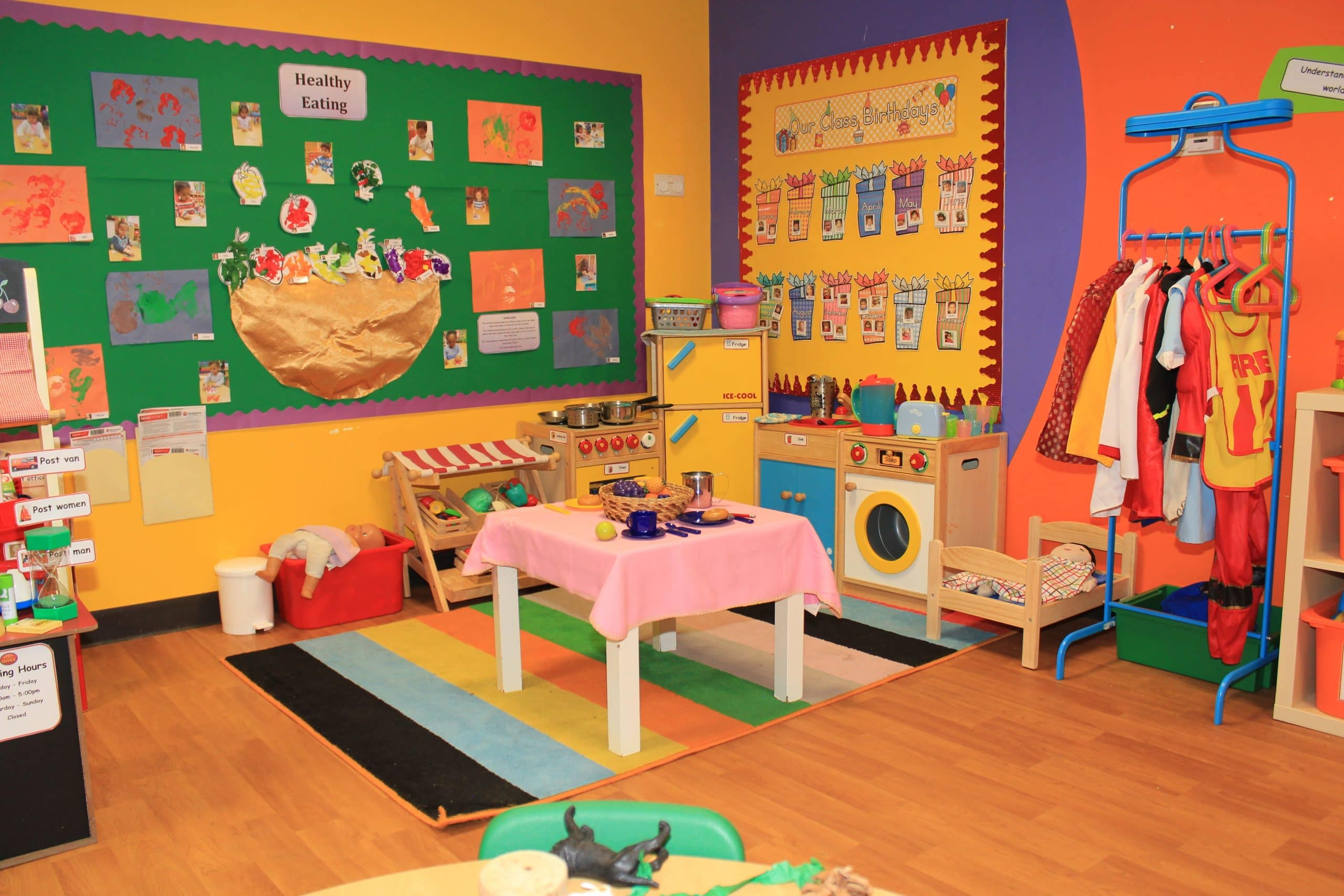As a young parent, you are always seeking the best for your kids. Be it opportunities, education, nutrition, or care; your children should always get the best. Unluckily, finding the best childcare is a challenging task. Even if you do find child care, it is tough to ensure that it is the right one for your child.
Since there are so many child care institutions in the country, any parent can confuse them. The parents can also assume all of them to have the same purpose and offer the same child care services.
To ease your confusion, we will differentiate between a nursery school and a day nursery. The proper understanding of the two will help young parents make a well-informed decision.
Nursery schools
All the child care centres in the UK function under the Early Years Foundation Stage curriculum, but nursery schools focus more on education. They also conduct assessments which eventually help prepare your child for primary school education. A child’s schedule at a nursery school involves numeracy, creative learning and literacy apart from the usual play and rest time.
Nursery schools have trained teacher/headteacher in charge who ensures that children participate in educational activities. The focus on education and constant assessment of children prepares them for primary school. Some schools do offer after school childcare through fun school clubs.
State-run nursery schools vs private
The local authority is responsible for running your state nursery schools, and they receive their funding from the Early Years Foundation. You will find a state nursery school next to a primary school or in their separate building. It would help if you kept in mind that every child aged three to four is granted 38 weeks of free nursery education in a year.
The fee and the education curriculum vary for private nurseries according to the place where you register your child. All the public and private nurseries have to go through regular inspections and register with OFSTED (Office for Standards in Education, Children’s Services and Skills).
Day Nurseries
On the other hand, day nurseries provide part-time or full-time child care that includes development and socialisation skills for young children. These nurseries accept children from age group as young as six weeks to five years old. Generally, all the nurseries remain open during business hours, so parents can easily enrol their children according to their personal schedules.
Most day, nursery staff members hold a certification in childcare training. These days, nursery staff provide essential care and activities to children according to their age with proper training. Nurseries give small babies the most personalised care while monitoring individual sleep pattern and feeding routine. When it comes to infants, nursery staff engages them in activities that will develop their social, verbal, and creative coordination skills. Older children who will step into nursery schools are familiar with early years of education to get them ready for advanced education.
State-run day nurseries vs private
State-run or local authority day nurseries are generally run by your local community or country council. They are quite cheaper than private day nursery, but they have a long waiting list, so getting your child enrolled can be challenging.
Employers or individuals mostly run private day nurseries. The cost of enrollment depends on your child’s age because different aged children require different attention levels.
Picking between the two
These were the basic difference between the two child care institutions. Whether you choose a day nursery or a nursery school for your little one, you must keep the education and care standards above all. In the end, it all comes down to which options suits you and your child the best. If you are searching for a day nursery, Cheeky Chums offers excellent quality child care services and an advance early years learning programme that will boost your child’s skills by the time they are ready to go to school. Feel free to contact us!
